April is National Heartworm Awareness Month. Dogs are not the only pets that can get Heartworm disease, but they’re the natural hosts for these deadly parasites – and the short story is, every dog’s best line of defense is a year-round heartworm prevention program.
When a mosquito bites an infected dog, it sucks up the microfilariae, which then live in the mosquito in order to mature into infective larvae. At this point, they make their way to the mosquito’s mouthparts where they can be transmitted when the mosquito bites another dog. They grow to maturity and can begin producing new offspring within 6 to 7 months.
Heartworms must have the mosquito as an intermediate host, which means that a dog cannot catch heartworms simply by interacting with an infected dog.
It can take several years before a dog starts to show signs of illness. While the signs vary depending on how long the dog has been infected, how many worms are present, and so on, the typical signs of adult worms include:
- Soft, dry cough
- Shortness of breath
- Weakness and loss of stamina
- Nervousness
- Fainting or disorientation, especially after exercise
The American Heartworm Society recommends that all dogs be on heartworm preventatives year round, even in cold areas. Even though mosquitoes are more common in the warmer months, many can survive indoors all year.
Did you know cats can get heartworm, too? Cats become infected just like dogs do. A hungry mosquito lands on a cat and takes a blood meal by inserting its sharp mouthpart (proboscis) into the cat. The mosquito deposits immature heartworm larvae on the surface of the cat’s skin. These wiggly larvae enter through the mosquito’s feeding channel and migrate around the cat’s body. As they travel in the cat, the larvae molt and mature, eventually making their home in the blood vessels of the heart and lungs.
For all the information you could ever ask for on heartworm, visit the American Heartworm Society’s website. Call Oak Creek Veterinary Care today to get your pets tested and protected at our wonderful animal hospital! 414-301-9113
Sources: The information from above came from some great links on our own website. Be sure to check out our news section for great topics!
https://oakcreekvetcare.com/news/cats-can-get-heartworms-too
https://oakcreekvetcare.com/news/facts-about-heartworms-and-dogs

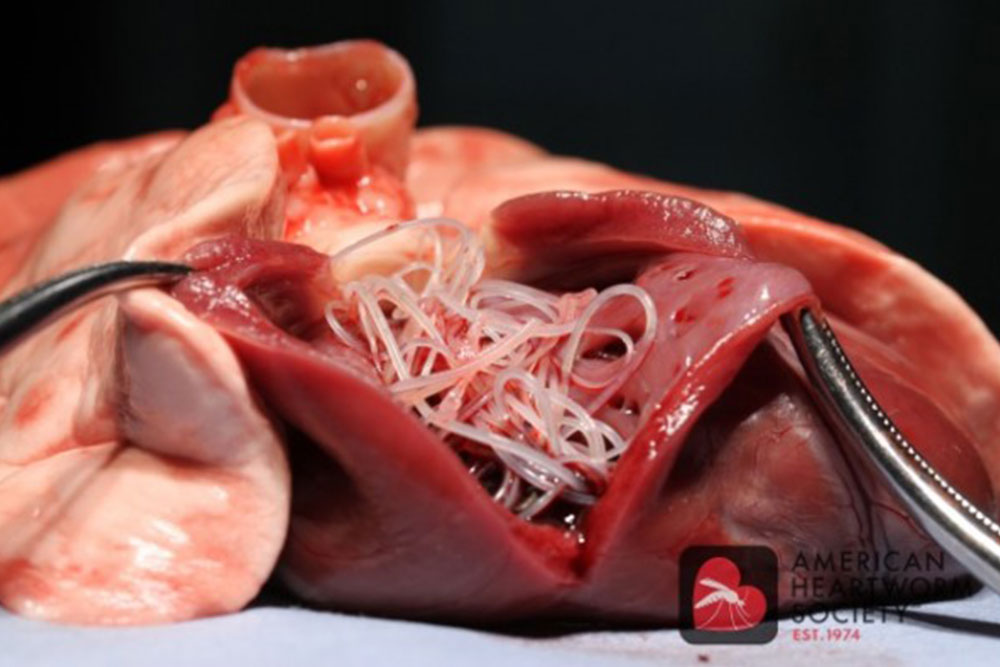
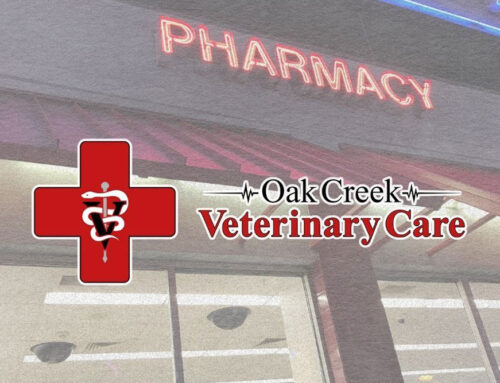
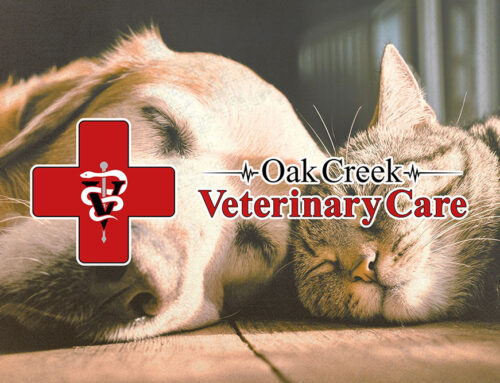
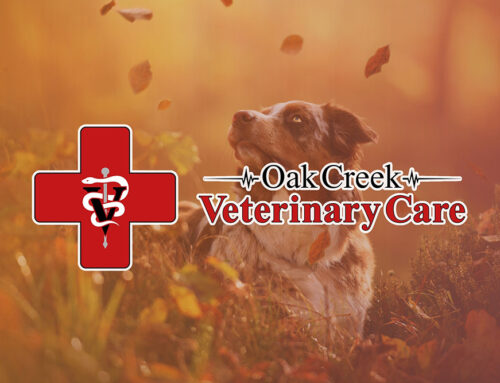
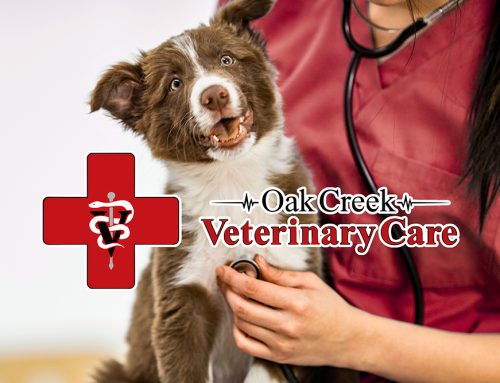

Leave A Comment